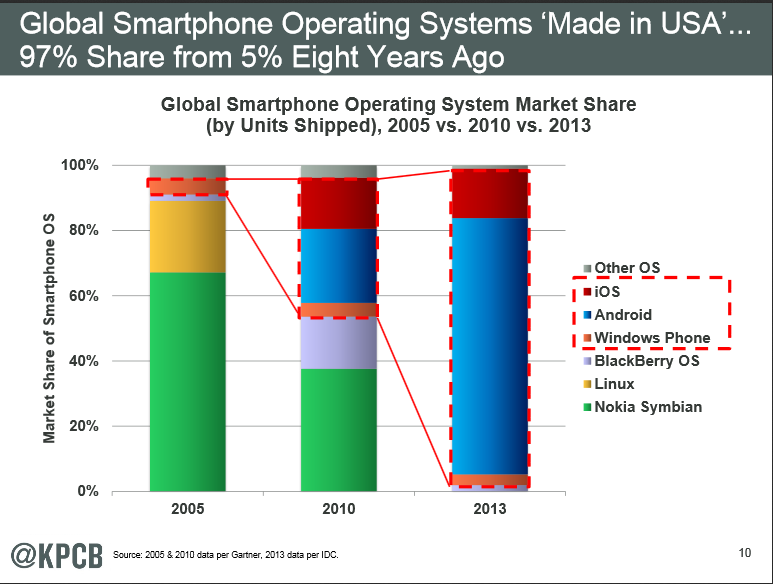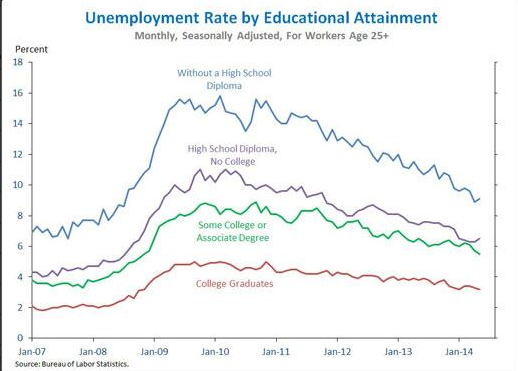Yo! I’m on vacation this week, don’t try and come rob my house, it’s a ‘staycation’! I’m going to run some oldies but goodies so I can let my creative juices focus on Gin and Tonics. Here you go:
Have something to admit. I’m a bit of an expert in regards to Nursing Mothers. “Really”, you say. Let me explain. I’m in a fairly small office, 20 or so employees on a daily basis – about 70% female. The interesting part is that in the last few years, I don’t think we’ve gone a day when we haven’t had a nursing mother on our staff. The women keep telling me it’s something in the water – I keep yelling at our water softener rep – and yet it hasn’t changed. That being said – I was somewhat shocked when I read a report out of the Wall Street Journal titled “Nursing Moms Seen as Less Competent” in which spoke of a new study claiming people perceived nursing mothers as lower performers than their peer group. From WSJ:
In one of several experiments testing attitudes toward breastfeeding, 60 students were told they’d be forming general impressions of other people, based on a brief meeting and reading of a short profile. Each met a woman whose profile described her as a married transfer student and psychology major. During the course of the experiment, this woman—actually a confederate of the researchers— checked her voicemail and played out loud a friendly message that varied in one way: It expressed understanding that the woman wanted to push back a social event because she had to go home to 1) breastfeed her baby; 2) give a baby a bath (emphasizing her motherhood but not breastfeeding) ; 3) change into a strapless bra (emphasizing the sexuality of the breasts); or for an unexplained reason.
The students rate the “breastfeeding” woman lowest of the four on overall competence, workplace capabilities, math ability – and also whether they’d hire her, if they were in a position to do so.
So, what does this tell us? Clearly that those 60 students at Montana State University are idiots – but beyond that – probably someone who has no concept of breastfeeding probably shouldn’t be taking a perception survey on cognitive competence based on whether someone breastfeeds or not! From my in-depth experience with breastfeeding here’s what I know:
- The women who were/are nursing mothers who have worked with me – work their butts off and usually have to endure uncomfortable, at best, and embarrassing conversation with idiot male co-workers when trying to do what is best for their child, and still be productive and professional.
- Work as hard or harder than their co-workers, because they know they are taking extra time out of their work schedule to take care of their lactation duties, and don’t want to be seen as not pulling their weight.
- Are usually more on task with their work, because they value their personal and professional life balance more than most workers, who don’t have the same life challenges of working and raising a family.
And NO those breastfeeding Moms I work with in no way made me write this post! (how’s that gals?)


